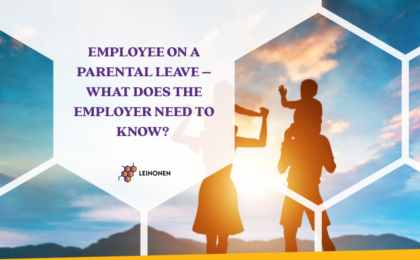Subsection 26 (7) of the Value Added Tax Act stipulates that transactions between persons registered as a value added tax group are not deemed to be supply. For example, if production, retail and transport companies belong to the same group, the transactions between them are not supply in the case of a VAT group. There is no VAT liability, and no need to pay VAT and then request it back from the state. At the same time, the commercial undertakings still operate under their own names in legal terms. In transactions with third parties, they use their business name and joint VAT number.
Based on the Value Added Tax Act (VATA), the tax authority registers taxable persons as a single taxable person (VAT group) on the basis of a joint application if they are a parent company and subsidiaries for the purposes of the Commercial Code. Taxable persons who are economically and organisationally related are also registered as a value added tax group on the basis of a joint application if more than 50 percent of the shares, holding or votes of each company to be registered within the composition of a VAT group are owned by one and the same person or the persons are connected on the basis of a franchise agreement. The previous wording in the VATA was “at least 50%”.
The VAT group is given a joint taxable person registration number, which the members of the group use in transactions with persons outside of the group. At the same time, the members of the group continue using their business names. Transactions between the members of the group are not deemed to be supply. A representative, who is obliged to submit a VAT return, is elected to communicate with the tax authority. Each member of the group does not submit a separate VAT return to the tax authority. Overpaid VAT is returned to the representative of the group. Every taxable person can only belong to one VAT group.




